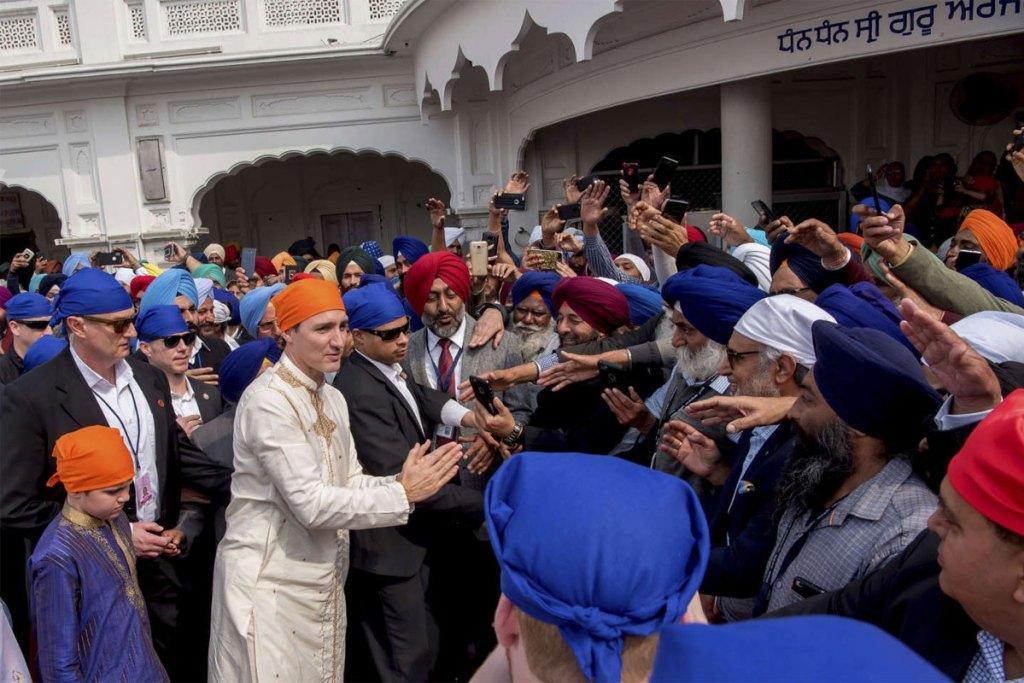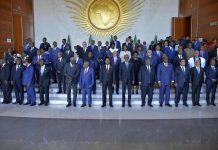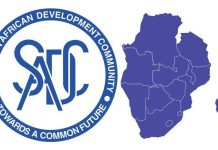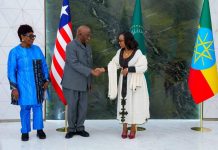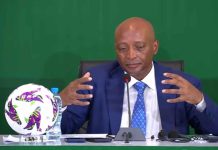Africa-Press – Lesotho. One of the highlights of the G20 summit in New Delhi was the grotesque situation in which Justin Trudeau, the Canadian Prime Minister, found himself. He first created a surprise by getting off the plane accompanied by his son in New Delhi.
This situation might seem normal here in Mauritius, but it is not in developed countries. Moreover, the Canadian press immediately reacted by recalling that Canada was not a country where the “sons of” naturally arrived in public affairs, even if this had been the case for Justin Trudeau.
Sikh independence poisons relations between Ottawa and New Delhi Justin Trudeau has never really shone on the international scene, never managing to establish himself as a strong figure with whom other world leaders must discuss and maintain privileged relationships.
The Canadian press even delights in images and videos where the Canadian Prime Minister clearly puts himself in situations where other leaders simply ignore him when they encounter him during international summits.
The most ridiculous situation was this famous conversation, entirely filmed, with Xi Jinping where Trudeau was scolded like a little schoolboy unable to respond.
But the last G20 summit was not short of humiliating situations for Trudeau, starting with Modi’s refusal to grant him a private audience and an extremely tense conversation with Joe Biden. It must be admitted that Canada’s situation is unique.
Even though this country is a member of the G20 and has an immense territory, with resources capable of one day making it a world power, the country is not perceived as a power by the other G20 member countries.
Its small demographics and its inability to really be able to influence major security, energy, economic issues and also at the level of global institutions make Canada appear as what we can call a “small big country” – the opposite of Singapore.
, Qatar or the United Arab Emirates which are “big little countries”. A will-o’-the-wisp between India and Canada But beyond this perception, the last G20 summit seems to have lit a fuse that could become a will-o’-the-wisp between India and Canada.
Relations have been tense between the two countries for some time now due to the situation of Sikh separatists who are demanding a referendum for the creation of an independent state of Kalisthan in Punjab.
India’s reproach is that the Canadian government tolerates small radicalized groups classified as terrorist organizations on its soil. Indeed, some Kalisthanist radicals have even gone so far as to openly call for attacks on Indian diplomats based on Canadian soil without the Canadian government finding anything to complain about.
So this tolerance towards what India considers to be dangerous terrorists goes extremely badly in New Delhi. This situation is understandable in view of the precedents between these two countries, and in particular in view of the attack against Air India Flight 182 in June 1985 which caused 329 victims.
It was a terrorist group named Babar Khalsa which was at the origin of this attack and the investigation concluded that laxity on the part of the administration and the Canadian police: the terrorist group had been able to introduce a bomb into the hold of the flight 182.
Today, it appears that Justin Trudeau’s government is demonstrating this same laxity because there has been no official reaction to the threats against Indian diplomats in Canada. Politics and the five cents of Jagmeet Singh
But why this posture of Trudeau? What does he really have to gain by burying his head in the sand in this situation, antagonizing a key trading partner for Canada in order to protect extremists and radicals in the name of supposed freedom of expression? As is often the case in such situations, the answer lies in politics.
The last general election in Canada took place in 2019 and was extremely contested. Upon arrival, Justin Trudeau’s Liberals obtained the most seats, 158 seats out of a total of 338, without having a comfortable majority to form a government.
They were thus forced to make an alliance with the New Democratic Party whose leader is a certain Jugmeet Singh, a Canadian from Punjab and of Sikh religion.
Jagmeet Singh has never hidden his affinities with Kalisthanist demands, even if he has never openly taken a position on the creation of a Kalisthanist state in Punjab.
But Jugmeet Singh’s support among minorities in particular means that the 25 seats that the New Democratic Party brought back to the Liberals give him considerable influence on the political scene.
In other words, the New Democratic Party provides the five cents which allow the Liberals to constitute the Rupee, (just like a party known in the Mauritian political landscape, all things considered).
Thus, this party which only represents the fourth political force in Canada generally succeeds in well positioning its objectives and interests. And since Jagmeet Singh became its leader, it is certain that the interests of the Sikh community, mainly residing in Ontario, have become sensitive.
Is Trudeau being held by the throat by his ally whom he cannot do without? Without a doubt. But does this condone the rapid and dangerous deterioration of relations with India? Canadians will decide this in the next election in 2024, hoping that the situation does not reach a point of no return by then.
Public contracts and the culture of suspicion Is it finally time to review the method of awarding public contracts?
MP Joanna Bérenger made headlines this week following a press conference where she denounced what she said were irregularities in the awarding of a CEB contract to a foreign firm for a farm project.
solar. This affair is likely to cause some noise since the CEB immediately responded by filing a complaint against the purple MP with the authorities. Joe Lesjongard, the Minister of Energy, also did the same. Now, Joanna Bérenger will have to support and prove her claims, which may take some time.
For More News And Analysis About Lesotho Follow Africa-Press

